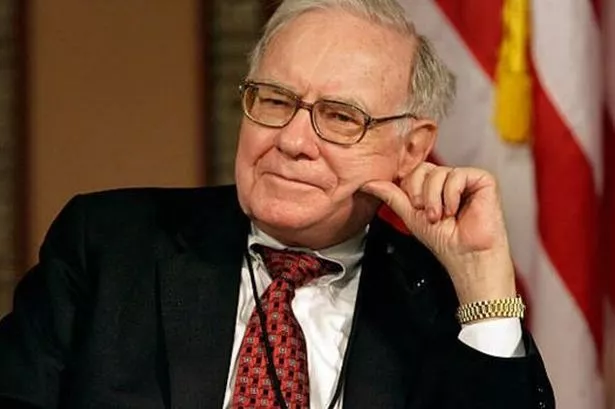Warren Buffett, the legendary investor, expressed his concerns about artificial intelligence during Berkshire Hathaway’s annual shareholder meeting in Omaha, Nebraska. The 93-year-old CEO warned about the potential dangers of AI, likening it to a genie that’s been partially released from its bottle.
While Buffett admitted to having limited knowledge about the technical aspects of AI, he emphasized his worries about its implications. He recounted an incident where AI replicated his voice and image so convincingly that it could have deceived his own family, highlighting the potential for scams using such deep fakes.
Although Berkshire Hathaway has begun incorporating AI into its operations to enhance employee efficiency, Buffett remains cautious about its broader impact. He acknowledged the technology’s potential for both good and harm but admitted uncertainty about how it will unfold.
The widespread adoption of AI has already brought significant changes to various industries, with nearly 40% of global employment projected to be disrupted by AI, according to the International Monetary Fund. This transformative impact has propelled the shares of companies involved in the AI sector, such as Nvidia and Microsoft.
JPMorgan Chase CEO Jamie Dimon echoed Buffett’s sentiments in his annual shareholder letter, recognizing AI’s potential for profound transformation while also acknowledging the associated risks. The bank has observed a surge in cyberattacks utilizing AI to infiltrate systems, underscoring the escalating cybersecurity challenges faced by financial institutions.
Moreover, a survey conducted at the Yale CEO Summit revealed that 42% of CEOs believe AI could pose a threat to humanity within the next five to ten years. This alarming perception has prompted calls for global action to address the risks associated with AI, with industry leaders and academics advocating for measures to mitigate the potential dangers.
In light of these concerns, stakeholders across various sectors are urging society to prioritize safeguarding against the potential risks posed by AI, viewing it as a critical global priority alongside other existential threats like pandemics and nuclear warfare.















































